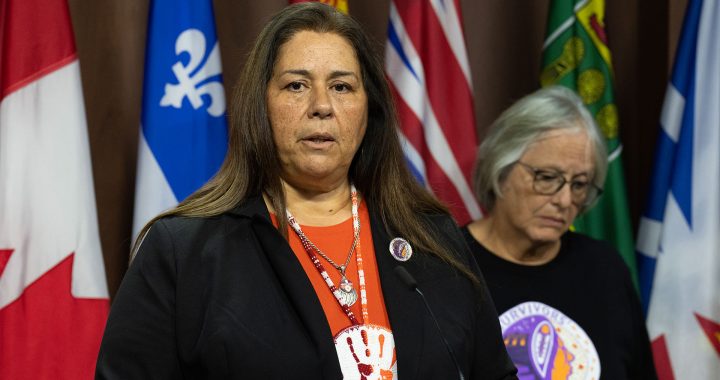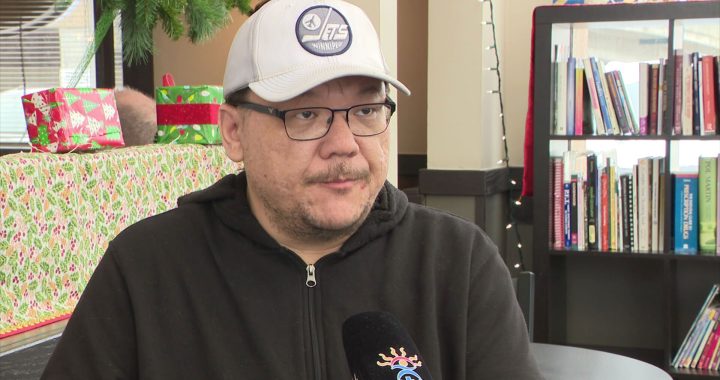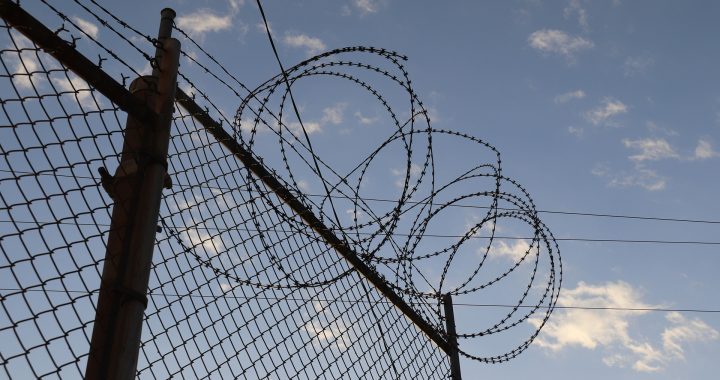Should Canada have to pay reparations for the destruction of language and culture wrought by Ottawa’s residential school policies?
Two B.C. First Nations say yes — and they’re pursuing a class-action lawsuit against the federal government seeking collective compensation.
“To date the compensation has been paid out to individuals for individuals’ losses,” explained John Kingman Phillips, counsel for the plaintiffs, on Nation to Nation. “These harms have never been compensated before at the band level.”
More than 100 bands have opted in, and the process will reopen for more to join. A trial has been scheduled for September 2022.
Last month, Prime Minister Justin Trudeau’s Liberals filed court documents to fight the case.
Canada’s legal arguments “pay lip service to the idea of reconciliation but fundamentally deny that the bands themselves, the First Nations, have a general right to language and culture, or that any loss of that language and culture is compensable,” Phillips said.
Tk’emlúps te Secwépemc, also known as Kamloops Indian Band, and shíshálh Nation, also known as Sechelt Indian Band, are leading the claim with support from the James Bay Cree in Quebec.
What law firms dubbed the “Band Reparations Class Action” was bundled with the claims of day scholars, pupils who attended residential schools during the day but went home at night.
Day scholars often suffered the same horrors of mental, physical and sexual abuse as other survivors but were excluded from the 2006 Indian Residential School Settlement Agreement.
That changed in June 2021 when the Trudeau government agreed to pay cash compensation to individual day scholars and their descendants. The claims process has already started.
But, as of right now, Ottawa has no plan to settle with the bands. Given the recent governance pact between the federal NDP and the Liberals, Phillips said he hopes that changes too.
“I’m frankly horrified if we go into a trial in September with the federal Liberals supported by the NDP taking the position that the First Nations do not have a legal right, a constitutional right, to their own languages and culture,” said Phillips. “It should be a matter of fact that the bands would need to be compensated.”
Watch N2N’s full interview with Phillips above to learn more about the case.
You can also catch a breakdown of the 2022-2023 federal budget with APTN News reporter Lindsay Richardson, plus reaction to the United Nations’ latest report on climate change.
The UN’s secretary general delivered it with a scathing rebuke.
“Climate activists are sometimes depicted as dangerous radicals,” António Guterres said. “But the truly dangerous radicals are the countries that are increasing the production of fossil fuels. Investing in new fossil fuel infrastructure is moral and economic madness.”
Kukpi7 (Chief) Judy Wilson, secretary-treasurer of the Union of B.C. Indian Chiefs, agreed.
“It’s not a fringe, radical position to be talking about winding down the fossil fuel sector,” she told N2N. “It’s madness to increase the tarsands emissions. It’s madness to continue what we’re doing to Mother Earth.
“Major transition in the energy sector is necessary. It’s not optional.”












